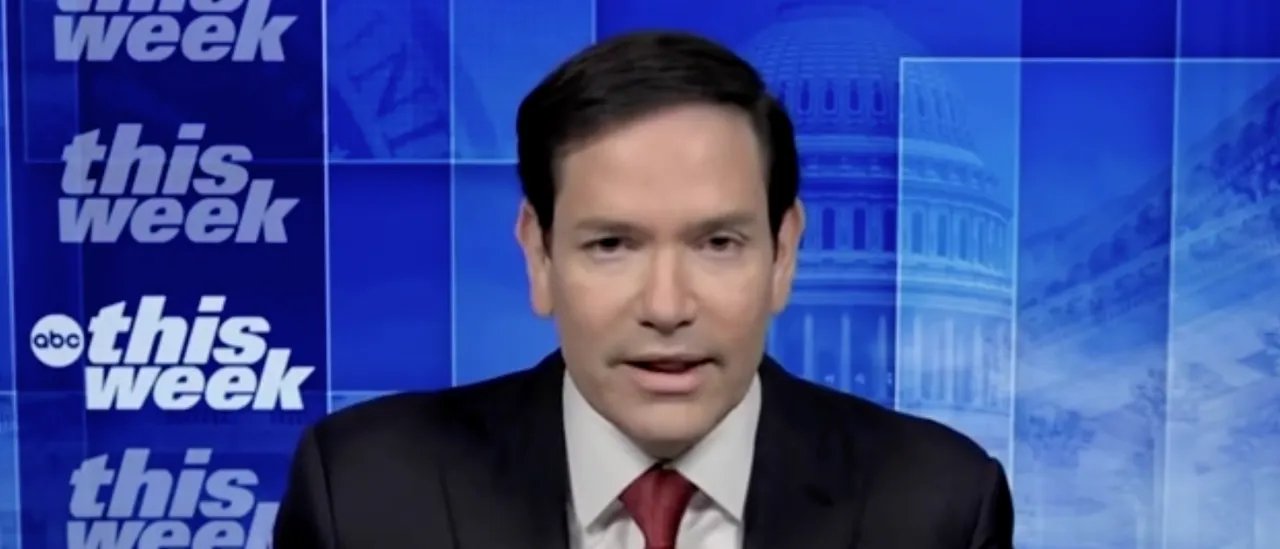Alabama’s Proposed Bill for Electoral Replacement
A new bill has been introduced ahead of Alabama’s 2026 legislative session, aimed at establishing a process for replacing electors deemed unfair during presidential elections.
Sponsored by state Senator Sam Givhan from District 7, the legislation, known as Senate Bill 11, intends to create the “Alabama Uniform Faithful Presidential Election Law.”
In presidential elections, both the Democratic and Republican parties will submit slates of electors equivalent to the number of congressional representatives in the state. Interestingly, third parties can also nominate electors if their candidates are included in the state’s voting process. If a party’s candidate secures a majority in the statewide vote, their electors will be selected to cast votes for the electoral college on behalf of Alabama.
Typically, party electors are expected to vote according to the preferences revealed by the statewide popularity vote. However, it’s important to note that there are no federal mandates requiring this adherence. When an elector notably decides to vote differently from the party’s chosen candidate, they are labeled as “dishonest electors.”
In 2020, the U.S. Supreme Court ruled that states have the authority to impose penalties on these dishonest electors who fail to follow party lines. As a result, various states—including Indiana, Minnesota, Montana, Nebraska, Nevada, and Washington—have enacted laws to remove and replace such electors. Should Givhan’s bill pass, Alabama would join this list.
Under SB11, nominees for state electors will be required to take an oath stating, “If I am chosen for an electoral position, I will fulfill my duty by voting for the presidential and vice-presidential candidates of the party that nominated me.”
If an appointed elector does not comply with this pledge by either failing to vote or supporting a candidate not endorsed by their party, they risk being removed or stepping down.
Furthermore, the bill outlines a methodical process for appointing alternative electors. First, an immediate available elector will be designated. If circumstances require, additional electors will be appointed through multiple voting rounds until all positions are filled. These individuals will also be required to pledge to vote in line with their party’s candidates.
The Secretary of State will oversee the continued efforts to fill these vacant electoral positions until all votes reflect the state’s popular will.
Senate Bill 11 is scheduled for consideration by the County and City Government Senate Committee during the next legislative session. If enacted, the provisions will take effect starting October 1, 2026.







